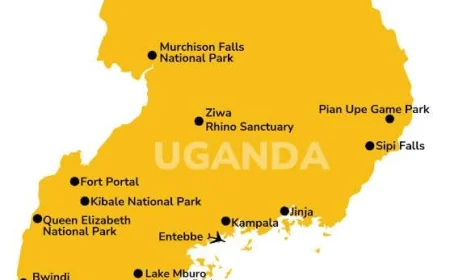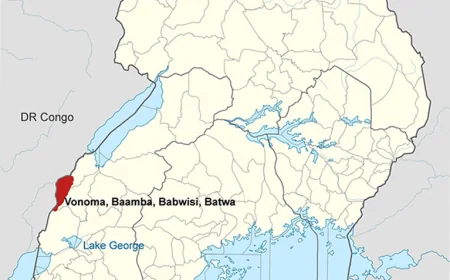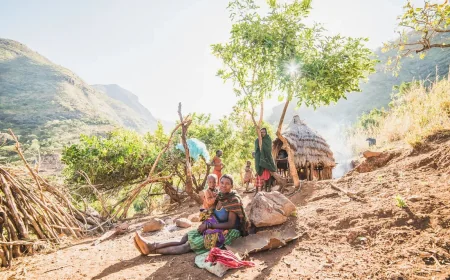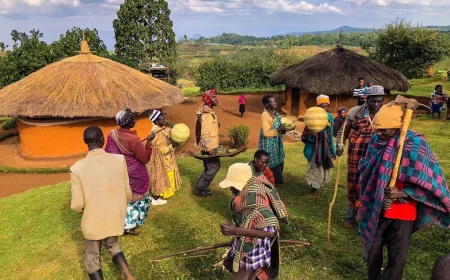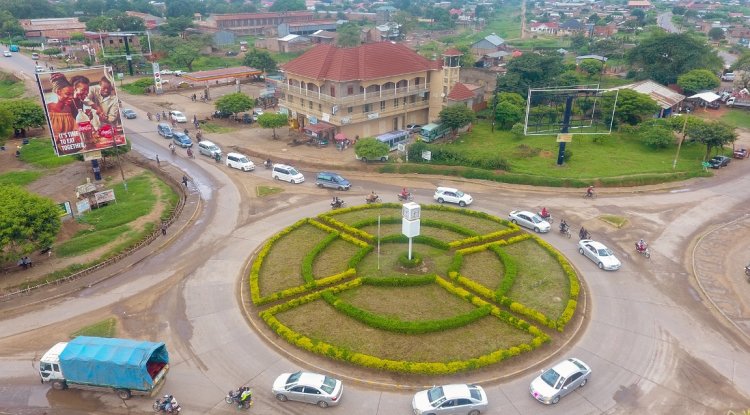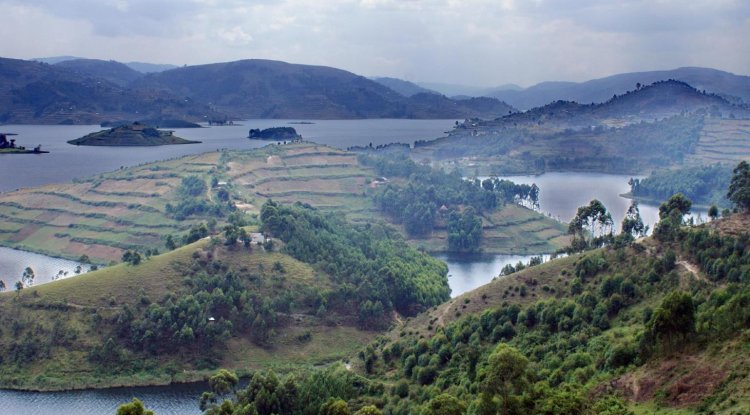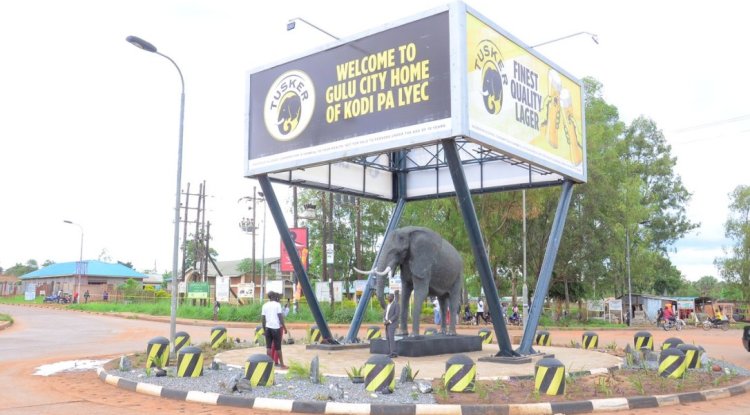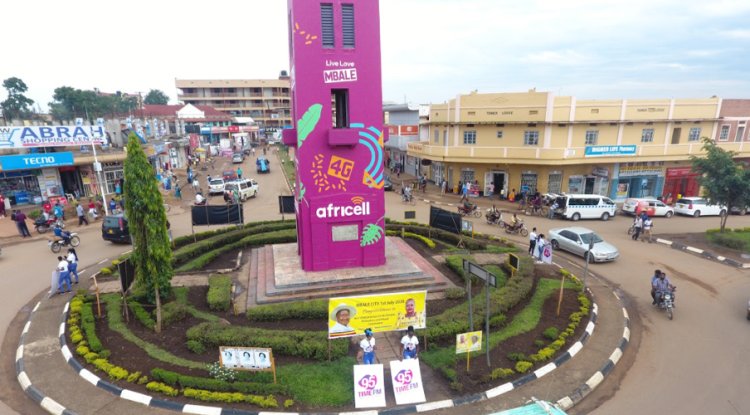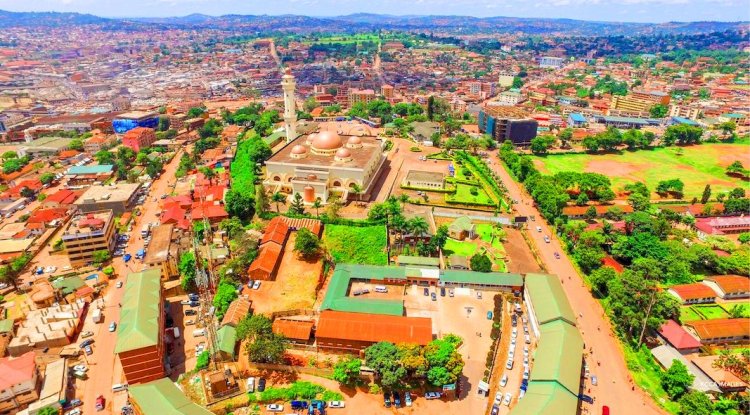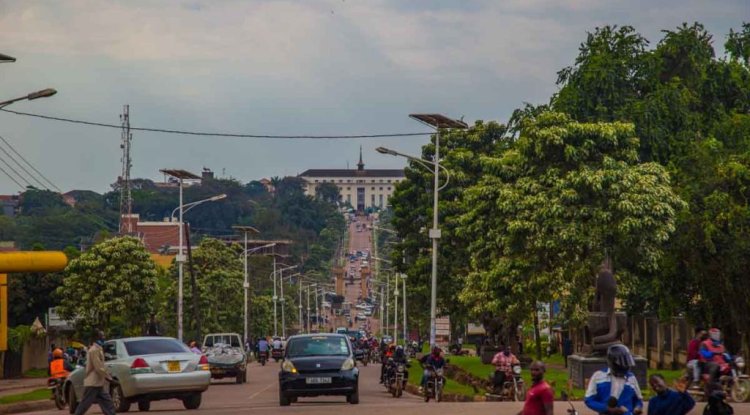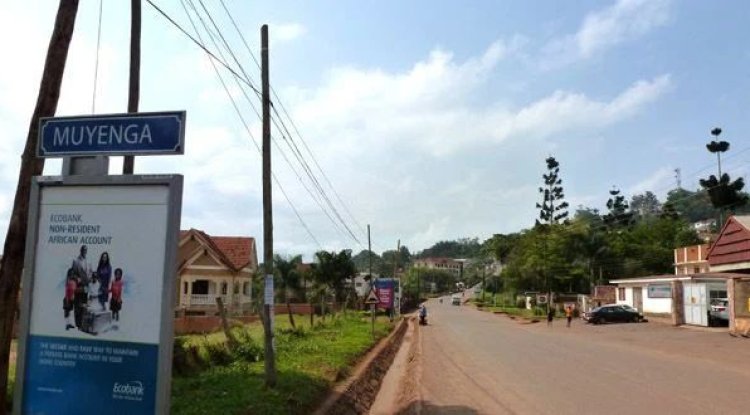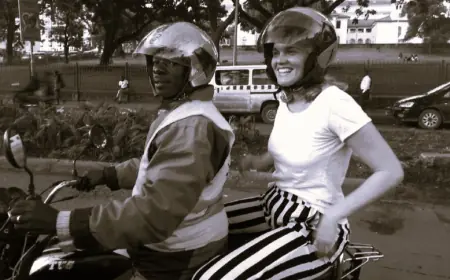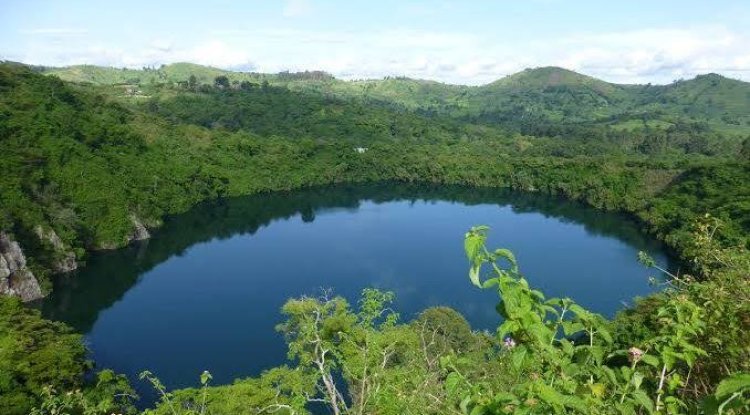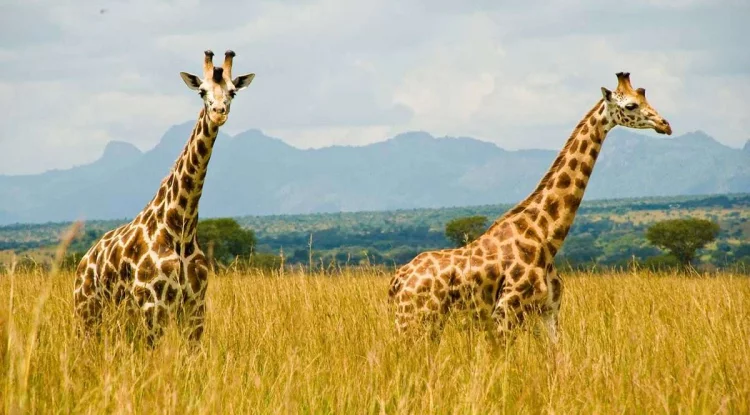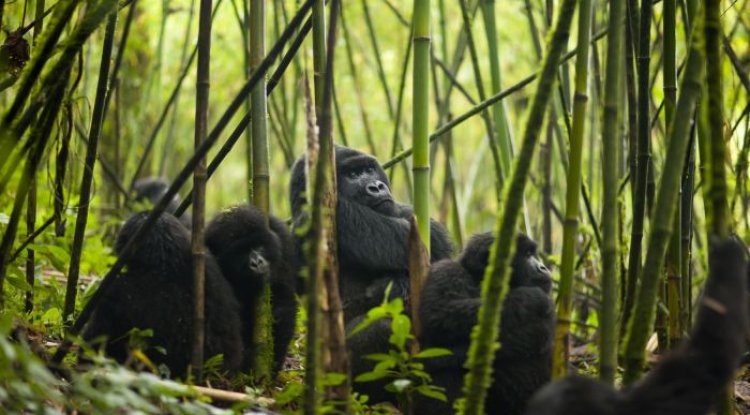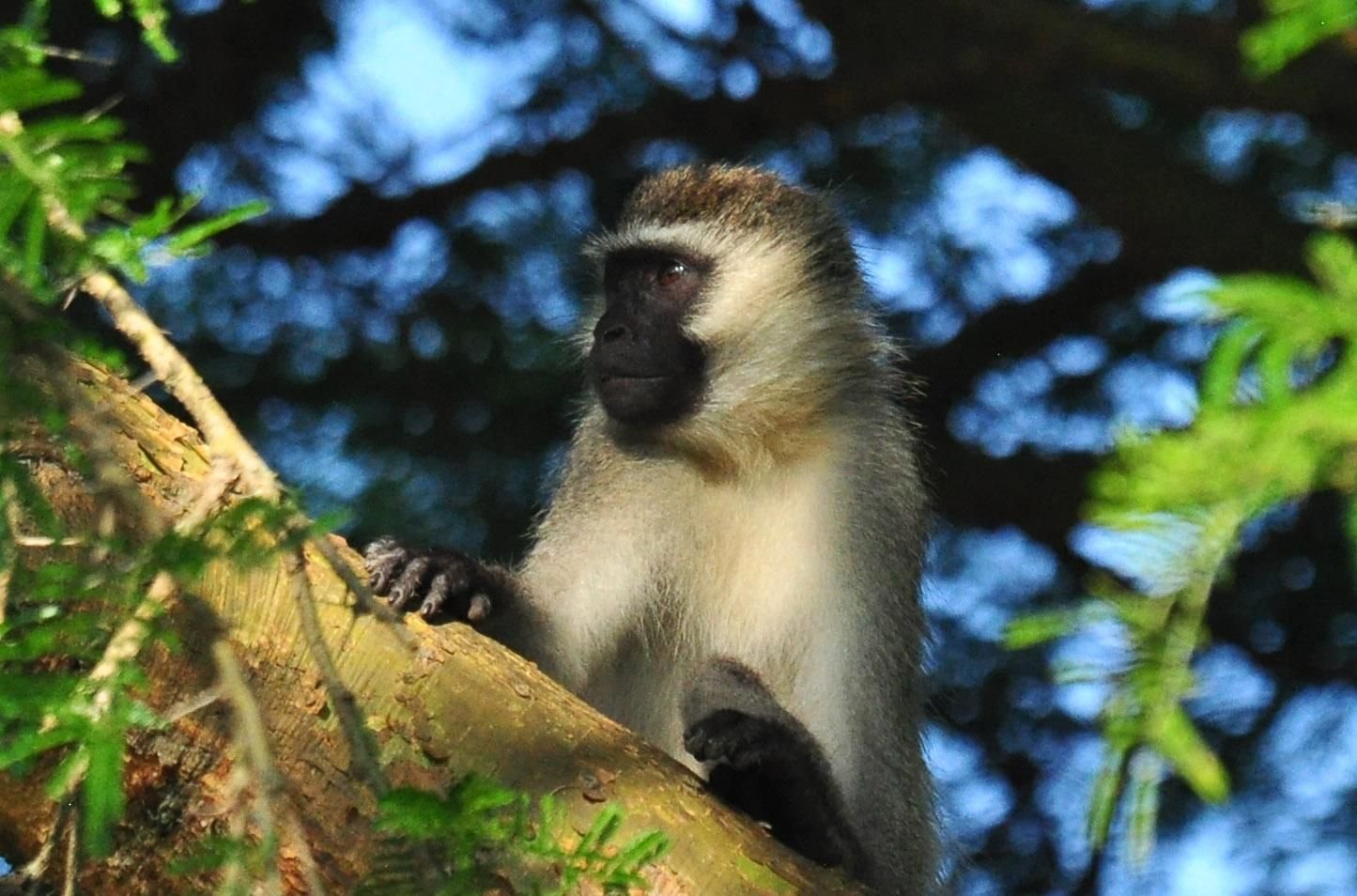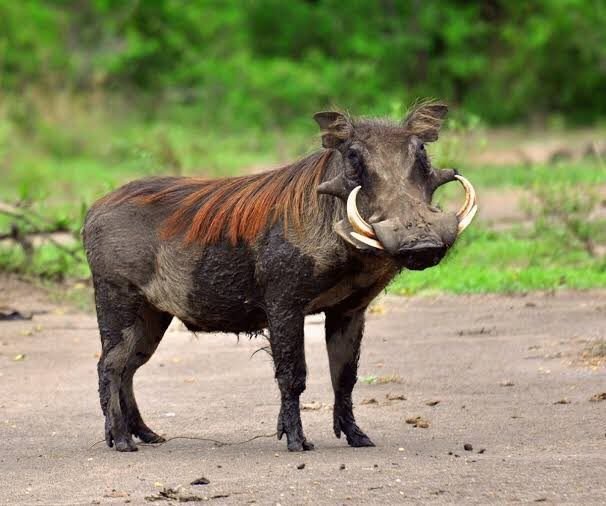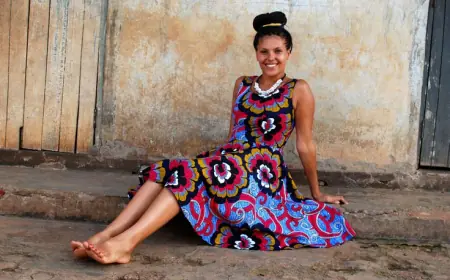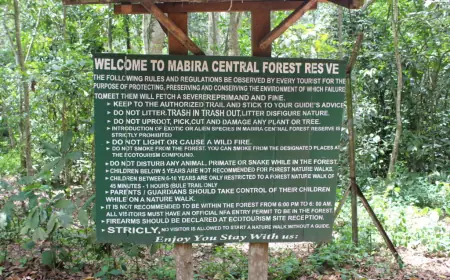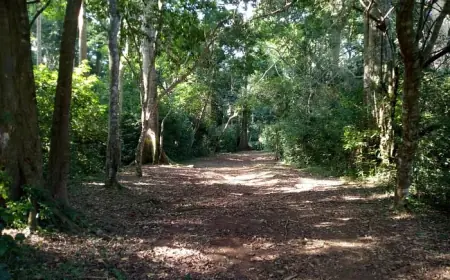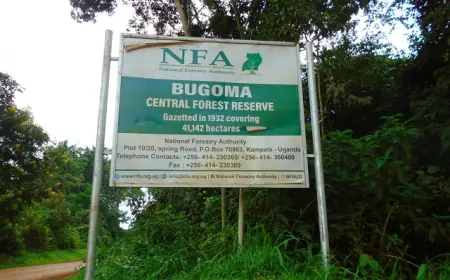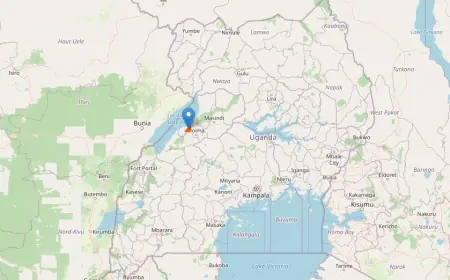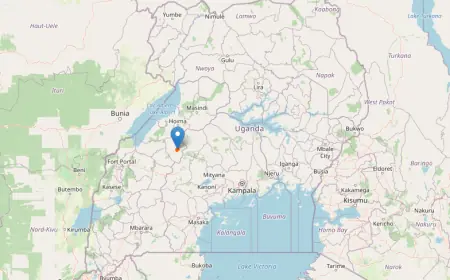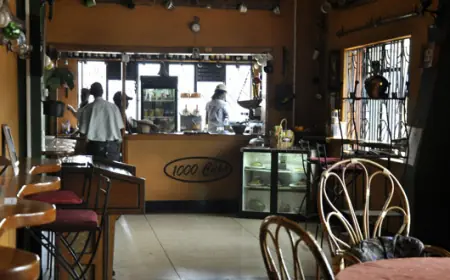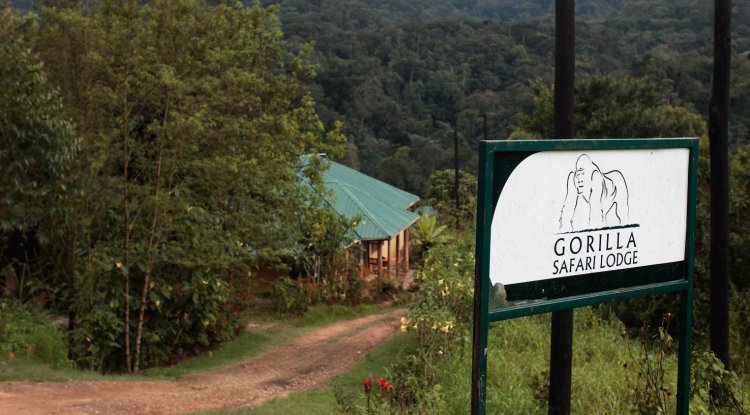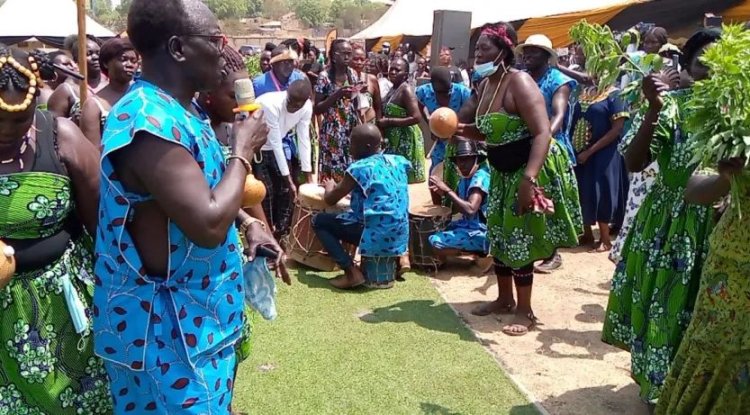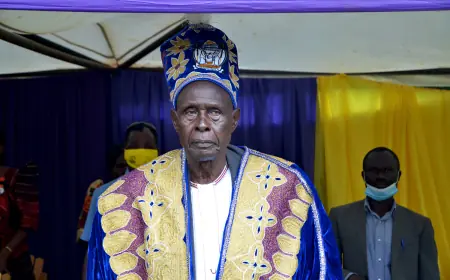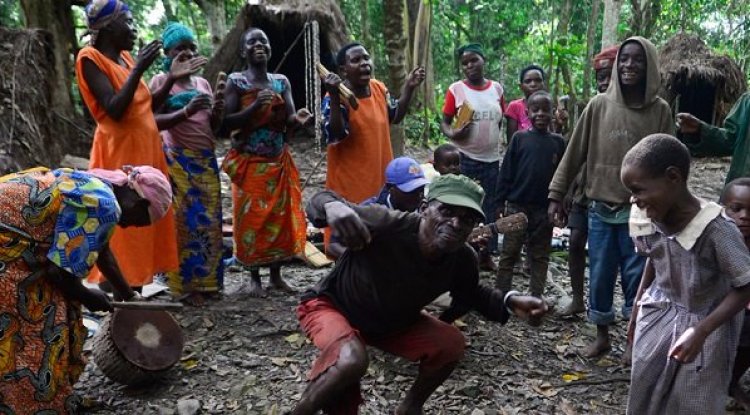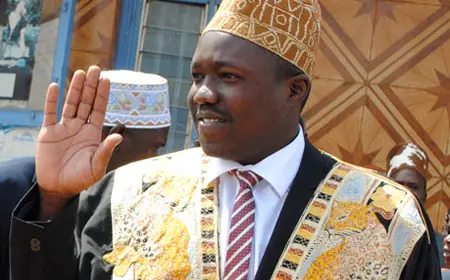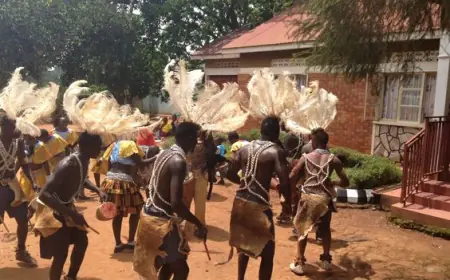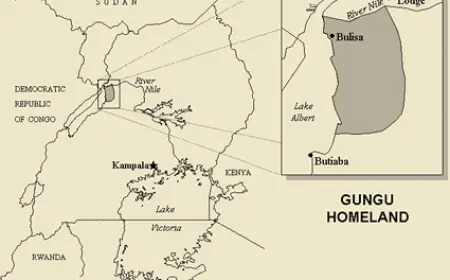The Bagwere
The Bagwere trace their origins to the ancient kingdom of Bunyoro, which was once one of the most powerful and influential states in the Great Lakes region.
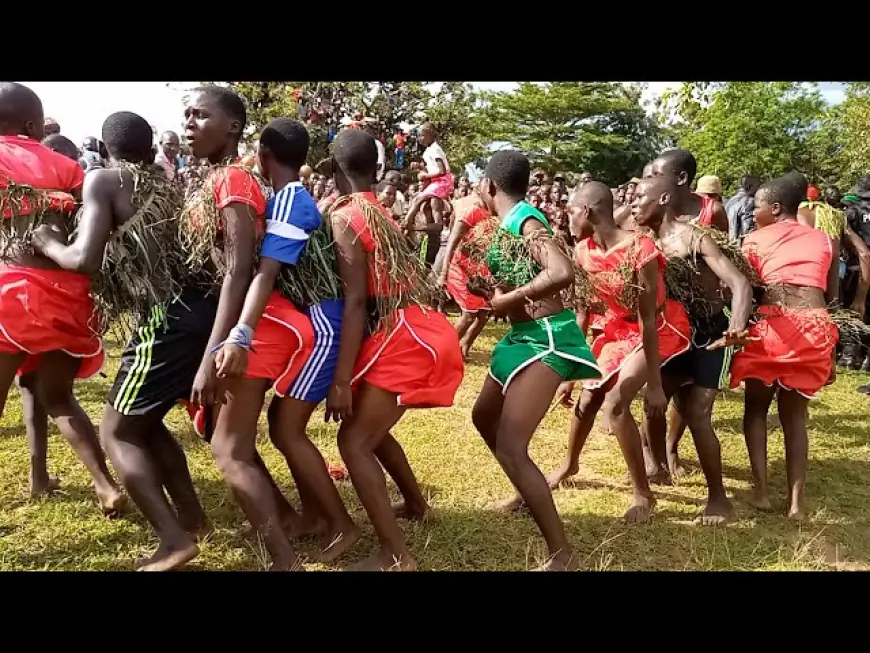
The Gwere or Bagwere, are one of the many ethnic groups that inhabit the diverse and vibrant country of Uganda. They are part of the Bantu-speaking people who migrated from Central Africa to the eastern and southern regions of the continent. The Bagwere have a unique culture, history, and identity that distinguish them from their neighbors and other Ugandans. In this article, we will explore some of the aspects of the Bagwere tribe that make them special and interesting.
Origins and Migration
The Bagwere trace their origins to the ancient kingdom of Bunyoro, which was once one of the most powerful and influential states in the Great Lakes region. According to their traditions, they left Bunyoro following the collapse of the Bachwezi dynasty, which was replaced by the Luo invaders from the north. The Bagwere, along with other Bantu groups, fled southwards and eastwards, looking for new lands to settle. They traveled along the shores of Lake Kyoga, crossing the River Mpologoma, and reached their present location in the eastern part of Uganda
The Bagwere settled in the districts of Budaka, Pallisa, Kibuku, and Butebo, where they make up over 80% of the population. They also have some presence in the city of Mbale and other towns in eastern Uganda. They are surrounded by other ethnic groups, such as the Bagisu, the Basoga, the Balamogi, the Iteso, the Banyole, and the Jopadhola. The Bagwere have interacted and intermarried with some of these groups, especially the Basoga and the Bagisu, who share some cultural and linguistic similarities with them
Language and Culture
The Bagwere speak Lugwere, a Bantu language that belongs to the Niger-Congo family. Lugwere is closely related to other Bantu languages spoken in Uganda, such as Luganda, Lusoga, and Lugisu.
The Bagwere people group together into clans and take on names that denote their clan affiliation. Every clan is also distinguished by a certain totemic animal or plant. Because it is against Bantu law for clan members to marry each other, these classifications aid in preventing this practice.
Among the numerous clans of the Bagwere are the following ones:
- Bagema
- Bakauka
- Baikomba
- Baloki
- Balalaka
- Balangira
- Bakomolo
- Baganza
- Badaka
- Bacho
- Banaminto
- Bachalama
- Banyekero
- Babimirwe
"IKUMBANIA" is one of the clan leaders who is elected to lead each clan in Bagwere. The 86 clan leaders of Bugwere have signed the Constitution of the "OBWA IKUMBAANIA BWA BUGWERE" dated November 14, 2009, and have chosen His Highness KINTU SAMUKU BALAMU as the first chief cultural leader of the Bagwere.
Similar to most Bantu societies, it is forbidden for members of the same clan to marry.
The Bagwere people follow customs that involve commemorating births, marriages, and funerals.
Marriage customs of bagwere
After the girl agrees to marry the boy, he informs his parents to assist him in preparing for the introduction ceremony. The boy's family then sends an invitation to the girl's parents for the bride's price negotiations, during which the money for the bride is sent. Unlike many other Ugandan tribes, in Bagwere culture, it is the girl's parents who visit the boy's family to conduct the negotiations. The weddings among the Bagwere are considered a luxury, with bride price negotiations being the most important aspect. When the bride price is paid, the marriage is considered sealed, and the boy specifies the day he wants his wife to come home permanently. Wedding parties are only indulged in when the young couple feels financially able to do so.
Birth customs of the bagwere
It was forbidden for a pregnant lady to stare at the nest of the Nansungi bird. It was thought that the mother would miscarry if she glanced at the nest.
The woman was not allowed to leave the house after giving birth. Banana leaves were provided for her to sleep on. It was customary for her to refrain from eating with her husband's clan until her days of incarceration were over.
She was allowed to eat at her parents' house or from neighbors during this period. She had to consume cooked bananas without the peel; if a banana piece split during peeling or eating, she was not allowed to eat it. Furthermore, it was forbidden for the lady to look up at the sky prior to the umbilical cord breaking.
Customs around death among the Bagwere
People would openly lament and scream if one died. Anyone who cried involuntarily or very softly might be assumed to have been involved in the death.
In order to remove the spirit of the dead, if the man who died was elderly, the community may march around the nearby neighborhoods while singing and grieving. Afterward, they could proceed to the well. The body was supposed to be buried after two days at the residence. In order to protect corpses from body hunters, they used to be buried with a needle, or mweroko, a small stone for grinding.
It was thought that the corpse would respond that it was busy sewing or grinding, whatever the situation might be, if the body hunters called on it to emerge from the tomb.
Religion and Beliefs
The Bagwere follow both Christianity and their own Bantu religion, which is based on the worship of several deities. It is thought that Katonda, the highest god and dubbed the "Great Creator," was parentless. The spirits of notable men who had noteworthy lives are worshipped by the Bagwere as well as Iesser gods known as Balubale. A small number of Bagwere people who lived close to Mbale in the eighteenth century converted to Judaism and joined the Ugandan sect today known as the Abayudaya (Children of Judah).
The Bagwere have also been influenced by other religions, such as Christianity and Islam, that have been introduced by missionaries, traders, and immigrants. According to the 2002 Census of Uganda, 23.6% of the Bagwere are Roman Catholic, 46.8% are Anglican, 23.9% are Muslim, and 3.1% are Pentecostal. The Bagwere have adopted some of the beliefs and practices of these religions while retaining some of their traditional ones. The Bagwere have a tolerant and harmonious attitude towards religious diversity and coexistence
Economy and livelihood
The Bagwere have a mainly agrarian economy and livelihood that depends on the land and natural resources. They practice subsistence farming and animal husbandry, growing crops such as cassava, millet, sorghum, maize, groundnuts, beans, peas, sweet potatoes, rice, cotton, sunflowers, soybeans, bananas, and matooke. They also raise animals such as cattle, goats, sheep, poultry, and pigs. The Bagwere use traditional methods and tools, such as hoes, axes, and knives, to cultivate and harvest their crops and animals. They also use modern methods and tools, such as tractors, plows, and pesticides, to improve and increase their production and quality
The Bagwere also engaged in other economic activities, such as fishing, fish farming, beekeeping, trade, and crafts. They have access to nine minor lakes that are part of the Lake Kyoga system, where they catch and sell fish such as tilapia, catfish, and lungfish. They also practice aquaculture, where they breed and rear fish in ponds and cages. They also keep bees, where they produce and sell honey and wax. They also trade with other communities, where they exchange and sell their products and services.
Music
Their five-stringed hand instrument, known as the Tongoli, is used for traditional music. It is modeled after the Kora, a one-string instrument played in other parts of Africa. One of the well-known traditional musical instruments used by the Bagwere is the namadu, a set of seven drums. But as the music industry has evolved, some up-and-coming young musicians in Bugwere are scheming their way to the top.
Conclusion
The Bagwere are a remarkable and admirable tribe that has a lot to offer and teach the world. They have a rich culture and history that reflect their origins and migrations. their language and culture, their religion and beliefs, and their economy and livelihood. They have a unique and diverse identity that makes them proud and confident. They have a strong and vibrant community that supports and empowers them. They have a bright and promising future that awaits them and inspires them. The Bagwere are a tribe that deserves respect and recognition, and they are a tribe that we can learn from and appreciate
What's Your Reaction?
 Like
4
Like
4
 Dislike
0
Dislike
0
 Love
5
Love
5
 Funny
0
Funny
0
 Angry
0
Angry
0
 Sad
0
Sad
0
 Wow
3
Wow
3
